Entering recovery is a powerful and life-changing decision. While detoxing from substances and building a new lifestyle are essential parts of healing, one of the most crucial but often overlooked aspects of the process is setting boundaries in early recovery. Boundaries play a vital role in protecting your sobriety, rebuilding relationships, and creating a healthier, more balanced life. Without them, it becomes much easier to fall back into old habits, toxic dynamics, and risky environments that can jeopardize your progress.
Setting boundaries in early recovery may feel uncomfortable at first, especially if you’re accustomed to prioritizing others’ needs over your own, avoiding conflict, or seeking approval from those around you. But learning to identify and enforce healthy boundaries is not selfish—it’s a key part of self-care and long-term recovery.
Why Setting Boundaries in Early Recovery Matters
During early recovery, individuals are in a vulnerable state. Emotions may be raw, relationships may be strained, and the temptation to return to substance use can be high. That’s why setting boundaries in early recovery is essential. Boundaries create the structure and safety needed to protect your mental, emotional, and physical well-being.
Boundaries help you:
- Avoid triggering people, places, or situations
- Communicate your needs and limits.
- Rebuild self-respect and confidence.
- Establish healthier relationships with family and friends.s
- Make recovery your top priority.
Without clear boundaries, it’s easy to become overwhelmed by outside pressures or internal guilt, which can ultimately lead to relapse. Setting boundaries early on creates a strong foundation for healing and self-discovery.
Types of Boundaries to Set in Early Recovery
Setting boundaries in early recovery isn’t a one-size-fits-all process—it will look different for everyone based on their unique experiences and relationships. However, there are several key areas where boundary-setting tends to be most important:
Personal Boundaries
This includes taking responsibility for your time, energy, and emotional health. You may need to say no to certain invitations, avoid environments where substances are present, or limit time with people who don’t support your recovery.
Emotional Boundaries
In early recovery, emotions can be intensely felt. Emotional boundaries involve protecting your mental health by recognizing when someone is draining, manipulative, or triggering. It’s okay to take space from others or set limits on how much emotional labor you’re willing to provide.
Family and Relationship Boundaries
Many people in recovery have strained family dynamics. While you may want to repair these relationships, doing so too quickly can have unintended consequences. Setting boundaries might mean limiting contact with certain family members, avoiding discussions that lead to conflict, or being clear about what you are and aren’t willing to tolerate.
Time Boundaries
Your schedule in early recovery should prioritize your healing. That means committing to therapy, support groups, and self-care routines. Be honest about what you can and cannot handle, and avoid overextending yourself by trying to meet others’ expectations.
Digital Boundaries
Social media and digital communication can be overwhelming or even triggering during the early stages of recovery. Setting digital boundaries may include unfollowing harmful accounts, limiting screen time, or avoiding contact with people associated with your substance use.
How to Set and Maintain Boundaries
Setting boundaries in early recovery requires clarity, communication, and consistency. Here’s how to approach it:
1. Know Your Limits
Take time to reflect on what makes you feel safe and what doesn’t. Be honest with yourself about which situations, people, or patterns may jeopardize your recovery.
2. Communicate Clearly and Calmly
Once you have identified your boundaries, communicate them respectfully yet firmly. You don’t have to justify your decision or over-explain. A simple, “I’m focusing on my recovery and won’t be able to attend,” is enough.
3. Expect Pushback
Not everyone will understand your new boundaries, especially if they benefited from the lack of them before. That’s okay. Your responsibility is to your recovery, not to managing others’ reactions.
4. Stay Consistent
The more consistently you uphold your boundaries, the more confident and empowered you’ll feel. If you slip, don’t be hard on yourself. Acknowledge it and recommit to protecting your progress.
5. Get Support
You don’t have to do this alone. Therapists, peer support groups, and recovery coaches can all help you navigate the emotional challenges of setting boundaries and hold you accountable for them.
Healing Through Setting Boundaries
Setting boundaries in early recovery is not about shutting people out or living in isolation—it’s about making conscious choices that support your health, clarity, and sobriety. Boundaries give you the freedom to heal on your terms and to slowly rebuild trust with others from a place of strength, not survival.
At Liberty House Recovery Center, we emphasize the importance of boundary-setting as part of our holistic approach to addiction treatment. Through individual therapy, group support, and structured recovery planning, our team helps each client develop the tools they need to define and set boundaries. We understand that true healing goes beyond abstinence—it involves creating a life that feels safe, fulfilling, and sustainable.
Contact Liberty House Recovery Center Today
Suppose you or a loved one is struggling with addiction and looking for a comprehensive program that prioritizes emotional well-being. In that case, Liberty House Recovery Center in Michigan is here to help. Our compassionate team is ready to support you through every step of your journey, including learning the critical skill of setting boundaries in early recovery.
Contact us today to learn more about our personalized treatment programs and how we can help you build a strong, healthy foundation for lasting recovery.

